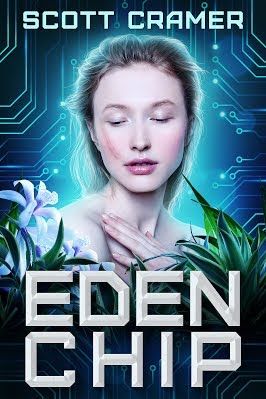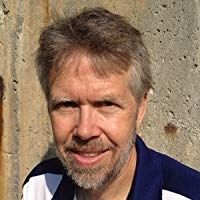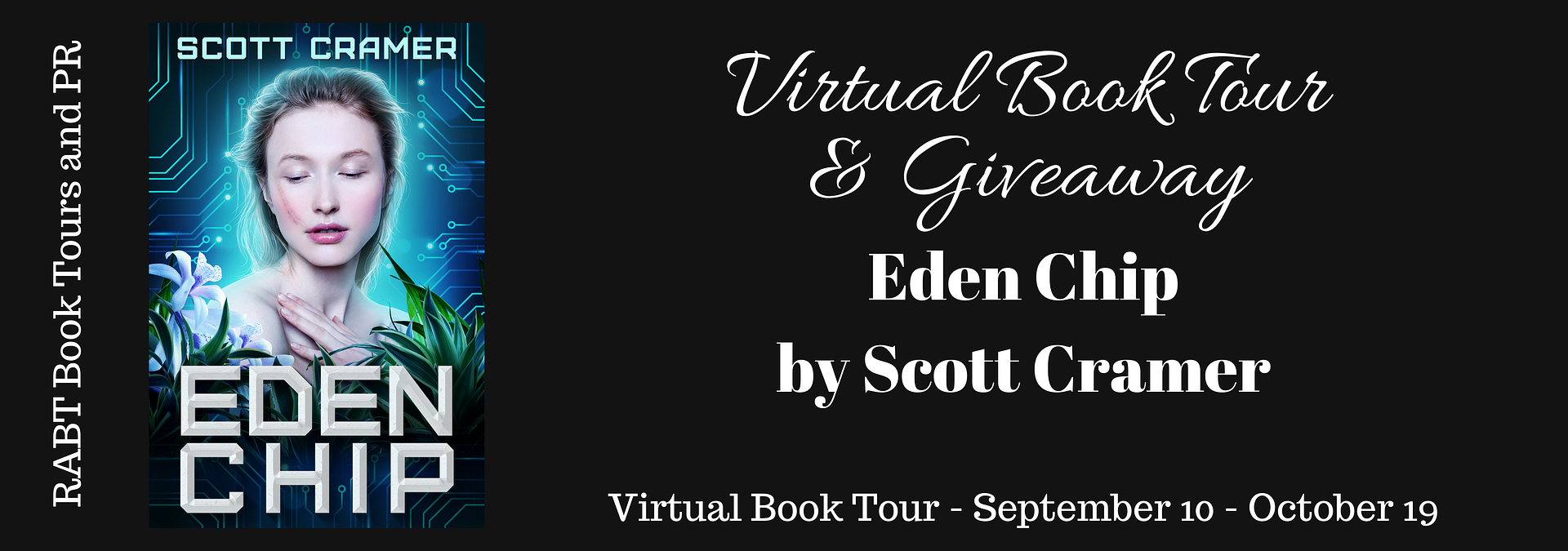
Science Fiction
Date Published: July 1, 2018
Thanks to nanochips implanted in human brains, the world is at peace in 2055. But not everyone likes having their emotions controlled, or their religion suppressed.
Eighteen-year-old Raissa embarks upon a perilous mission to free the world, just days before the release of nanochip Version 7, which will broadcast every citizen's thoughts to the Collective.
The countdown has started, and Raissa must make choices that jeopardize the lives of billions, including the only boy she has ever loved.
Note: Some discussion of technology, some “techno-speak”; clean, no sex or swearing; some non-graphic violence, a tiny bit of graphic violence.
Interview
What is the
hardest part of writing your books?
To have a
vision of a story, some idea, some destination in mind, and then to embark on the journey into the unknown, realizing that you will go down many paths
that lead to dead ends, realizing the task will be made more difficult by flare-ups
of self-doubt and even boredom.
I found one
book on the writing process that is very helpful: “The War of Art” by Steven
Pressfield. Pressfield talks about writing like it’s any other job. Rain or
shine, you sit down and do it for X hours a day. When you commit like that, which
is not easy, the subconscious at some point stirs, and that’s when the journey
becomes interesting.
What songs
are most played on your Amazon Echo??
“When I Paint
My Masterpiece.” The live version by The
Band.
Do you have
critique partners or beta readers?
I am the
luckiest person in the world. I have online friends who review my first raw
output of chapters (many times over). Somehow,
they hang in there. Each individual offers a unique perspective, and I trust
their opinions. Later on, I have more online friends who read the first draft.
They, too, provide incredibly helpful feedback.
What book are
you reading now?
I rarely read
fiction because I find myself taking on the voice of another novelist.
Non-fiction excites me for several reasons. In addition to learning about
something new, I love the simple, straightforward sentences of journalism.
Two books I’m
reading: Nothing to Envy, Real Lives in
North Korea by Barbara Demick, and Dopesick:
Dealers, Doctors, and the Drug Company that Addicted America by Beth Macy
How did you
start your writing career?
I started
writing haiku in college. Then longer poems. Out of college, I worked at jobs that gave me time to write poetry and
short stories. I was working on an offshore drilling rig (2 weeks on, 2
weeks off), and the rig’s lights attracted thousands of migrating birds. I
wrote about that for a magazine. I went on to write hundreds of magazine articles. Novels and screenplays came later.
I’m taking a
third pass at a screenplay I first wrote ten years ago. PRESSURE DROP takes
place on the New Hampshire seacoast. An annual surfing contest is held at ‘The
Point,’ but only if the waves reach a
certain size. A big storm is approaching. Joe, who surfs, is a high school senior who plans to study meteorology
in college. His mom died of cancer two years earlier. She had always been a
buffer between Joe and his father, Elio, a lobsterman. Elio cannot let go of
his grief, and Joe refuses to face his. As the barometric pressure drops, a bigger
storm brews between father and son.
About the Author

Scott Cramer has optioned two screenplays, written for national magazines, and authored four novels: EDEN CHIP and the TOUCAN TRILOGY (Night of the Purple Moon, Colony East & Generation M). Scott and his wife reside outside Lowell, Massachusetts.
Contact Links
Purchase Links






No comments: